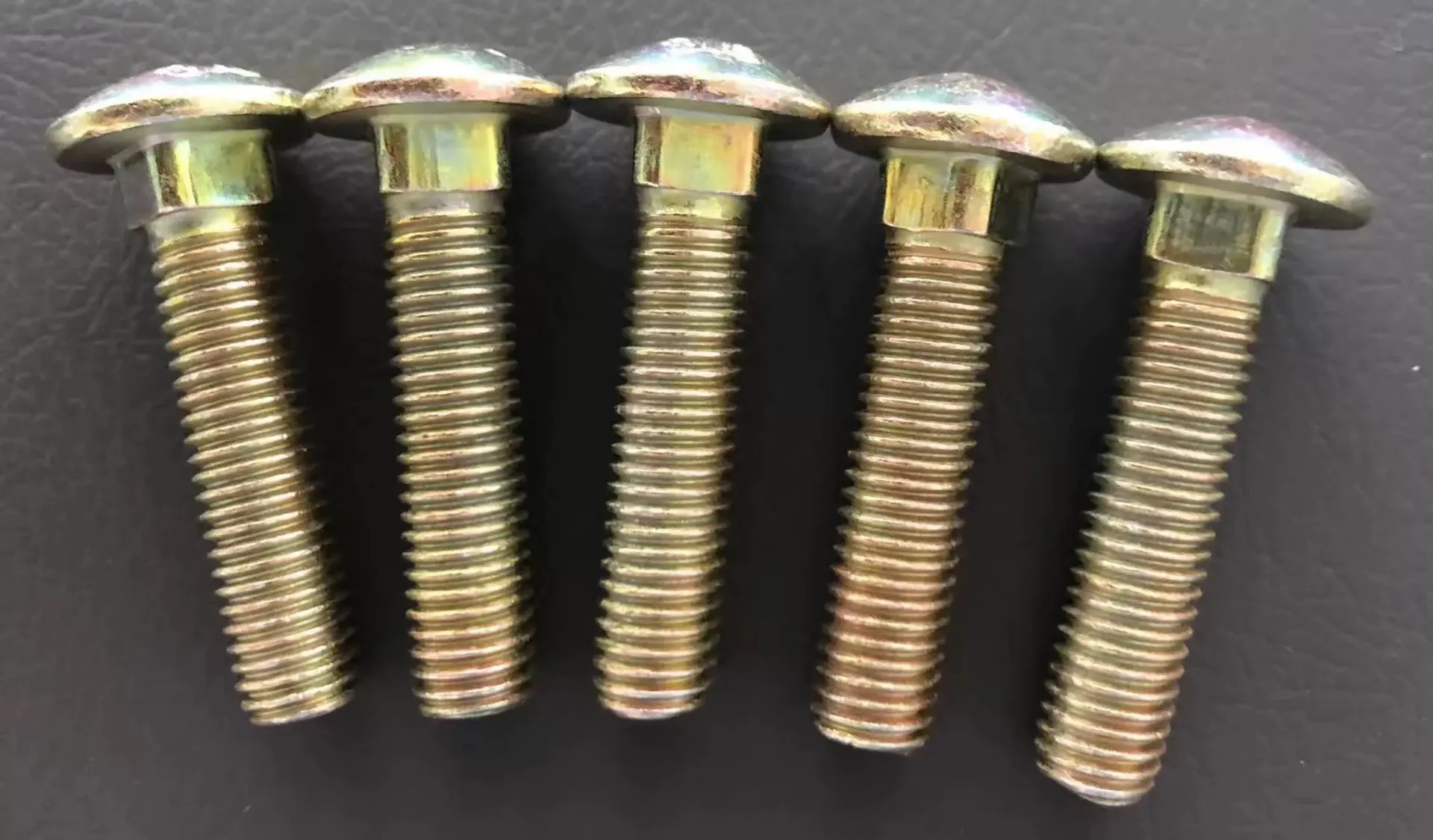

flange serrated nuts
Sep . 04, 2024 12:44 Back to list
flange serrated nuts
Understanding Flange Serrated Nuts Design, Benefits, and Applications
Flange serrated nuts are a type of fastener that plays a crucial role in securing different components in various applications. Recognized for their unique design features, these nuts offer enhanced stability and locking capabilities, making them a preferred choice in numerous industries.
What are Flange Serrated Nuts?
Flange serrated nuts are nuts that have a wide flange bearing surface and serrated edges on the underside. The serrated design helps to prevent the nut from loosening under vibrations or dynamic loads. The flange provides a larger surface area that distributes the load more evenly across the joint, reducing the risk of damage to the materials being fastened. This makes flange serrated nuts particularly valuable in high-stress environments.
Design and Features
One of the key design features of flange serrated nuts is their serration. The serrated or toothed surface grips the material upon installation, creating a mechanical locking effect that counteracts loosening due to vibrations. This is particularly important in applications like automotive and aerospace engineering, where safety is paramount and any unintentional loosening of components can lead to catastrophic failures.
Flange serrated nuts are typically made from a variety of materials, including steel, stainless steel, and even plastic, to accommodate different environmental conditions and application requirements. They can also be finished with different coatings, such as zinc plating or anodizing, to enhance their resistance to corrosion and wear.
Benefits of Flange Serrated Nuts
2. Vibration Resistance Their design minimizes the chances of loosening due to vibrations, making them ideal for use in engines, machinery, and other applications subject to movement.
flange serrated nuts

3. Load Distribution The flange design allows for better load distribution compared to traditional nuts, which helps to prevent surface damage and prolongs the lifespan of the components being fastened.
4. Easy Installation Flange serrated nuts can be easily installed and removed with standard tools, making maintenance and repairs more straightforward and less time-consuming.
Applications
Flange serrated nuts are used in a wide array of industries
- Automotive They are commonly found in vehicle assemblies, including suspension systems and engine mounts, providing the necessary security and stability. - Aerospace In aviation, flange serrated nuts are frequently employed where components must endure extreme conditions, ensuring safety and reliability.
- Construction They are also used in structural applications, where a reliable fastening method is critical to the integrity of the structure.
- Manufacturing Many production environments incorporate these nuts in their machinery, benefiting from their vibration-resistant characteristics.
Conclusion
In summary, flange serrated nuts are integral components in various industries, offering enhanced stability, vibration resistance, and load-distributing capabilities. Their unique design and features make them an essential choice for securing components in high-stress environments. As industries continue to prioritize safety and reliability, the demand for flange serrated nuts is likely to grow, solidifying their place as a trusted fastener solution.
Latest news
-
High-Strength Hot Dip Galvanized Bolts - Hebei Longze | Corrosion Resistance, Customization
NewsJul.30,2025
-
Hot Dip Galvanized Bolts-Hebei Longze|Corrosion Resistance&High Strength
NewsJul.30,2025
-
High-Strength Hot-Dip Galvanized Bolts-Hebei Longze|Corrosion Resistance&High Strength
NewsJul.30,2025
-
Hot Dip Galvanized Bolts-Hebei Longze|Corrosion Resistance&High Strength
NewsJul.30,2025
-
Hot Dip Galvanized Bolts - Hebei Longze | Corrosion Resistance, High Strength
NewsJul.30,2025
-
High-Strength Hot Dip Galvanized Bolts-Hebei Longze|Corrosion Resistance, Grade 8.8
NewsJul.30,2025

